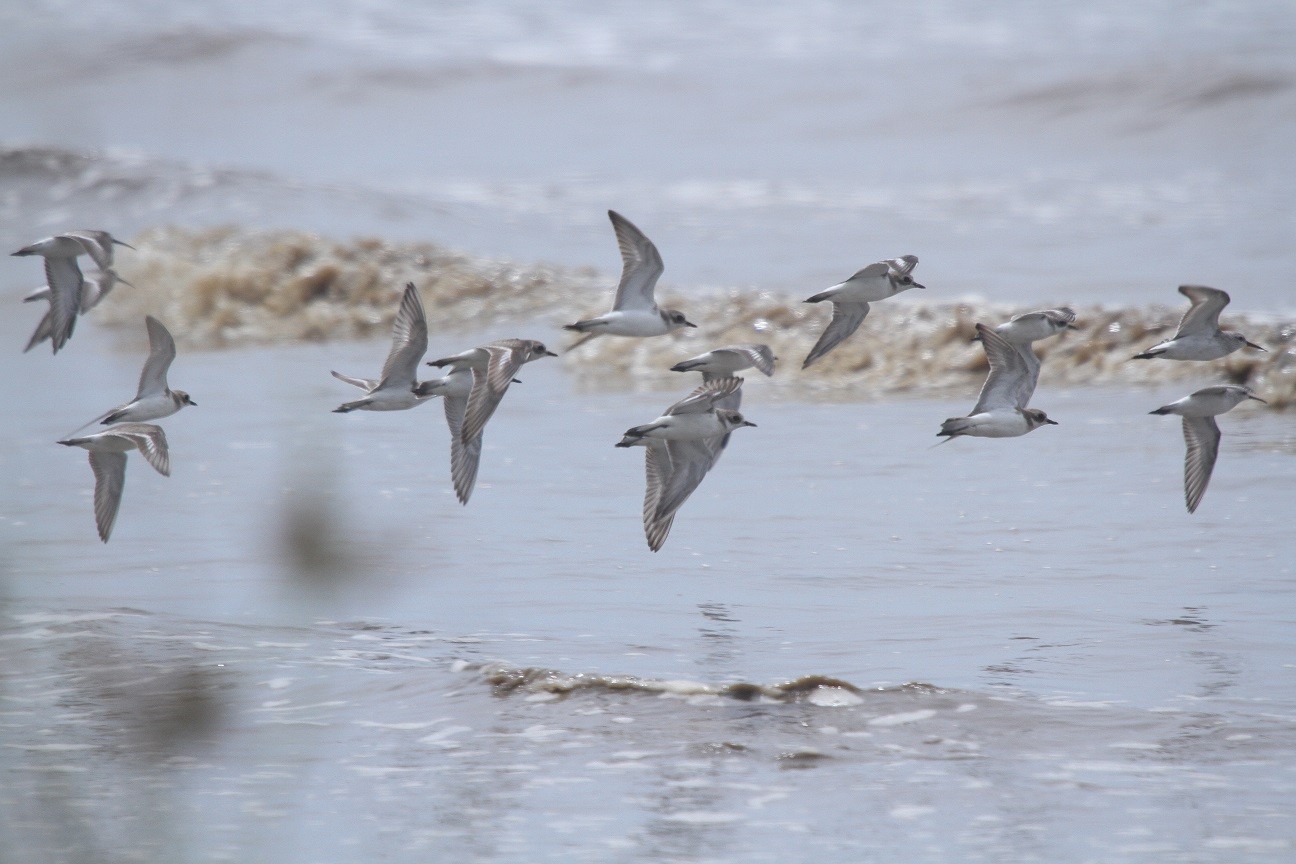Popular Reads
Top Results
Can't find what you're looking for?
View all search resultsPopular Reads
Top Results
Can't find what you're looking for?
View all search resultsMigrating birds from Siberia, Alaska land in West Kalimantan
Environmental activists have reported that thousands of migrating birds from Siberia, Alaska and Europe have landed at several beaches in West Kalimantan, since September 2017.
Change text size
Gift Premium Articles
to Anyone
Thousands of migrating birds have landed on several beaches in West Kalimantan.
Environmental activists say that this means the area is still well-preserved, though pollution can be seen on some places.
The activists have carried out birdwatching activities on Tengkuyung Beach in Teluk Pakedai subdistrict, Kubu Raya regency, West Kalimantan, since September 2017.
They found thousands of beach and river birds migrating from Siberia, Alaska and Europe.
Abdurahman Algadrie, director of Ketapang Biodiversity Maintenance, told The Jakarta Post on Sunday that there were around 21 species of birds on the beach from September to April. They looked for food and stayed there for survival, and will begin flying home in May.
“They will return to their places of origin for breeding purposes. Come migration time, they will come back with their new offspring,” said Abudrahman.
Read also: Saving Indonesia’s birds-of-paradise one village at a time
In the previous migrating period last year, 10 Storm’s storks were found in a river. The species is considered endangered, with a population of only 500 worldwide.
These migrating birds have become an attraction in the area, especially for researchers. Moreover, the Kubu-Batu Ampar waters have been detected as a habitat for river dolphins, with several NGOs surveying the area.
Wahid, a senior citizen, said that for the last three years, the government had built infrastructure to make the location more accessible for visitors. However, he added that the visits did little to boost the local economy.
Yusran, head of Kubu Raya Planning and Development Agency (Bappeda), said that with a limited budget, ecotourism activities were being improved.
“Ecotourism has a number of impacts. Other than preserving the environment, it also has added value for local people,” said Yusran.
The area has only been developed in the last 10 years, with a budget of Rp 1.5 trillion and a proposed development budget of Rp 2.9 trillion. (wng)











